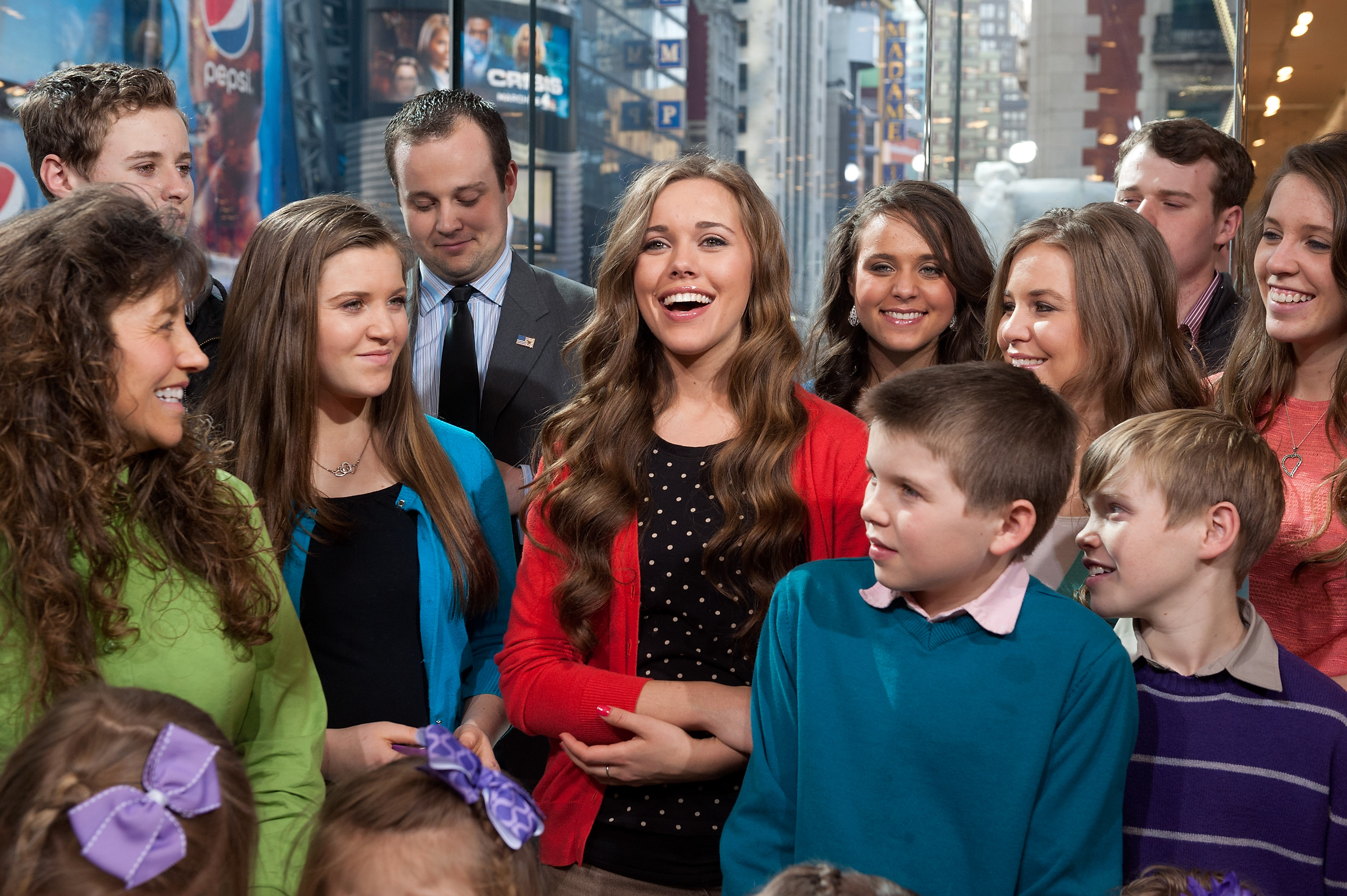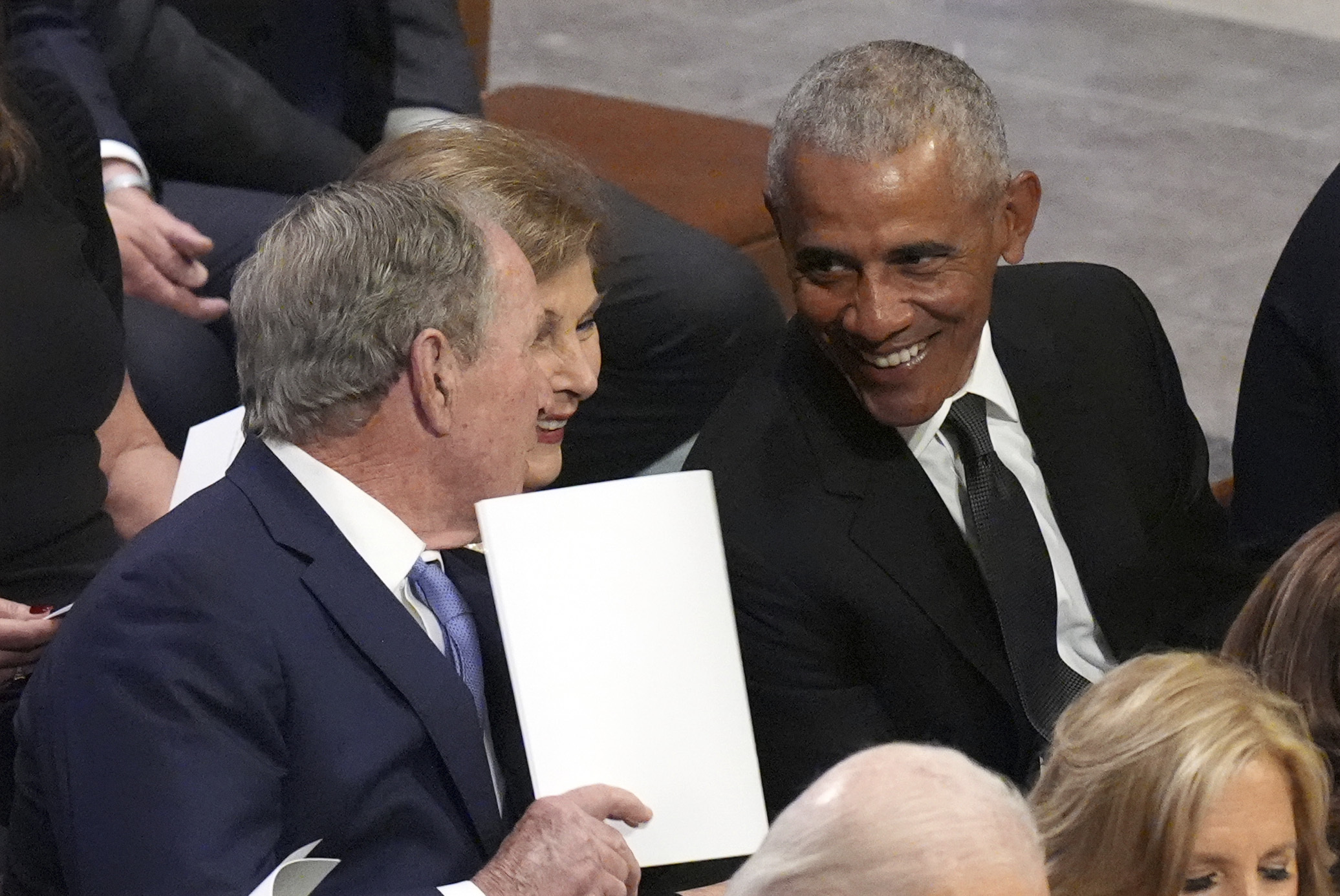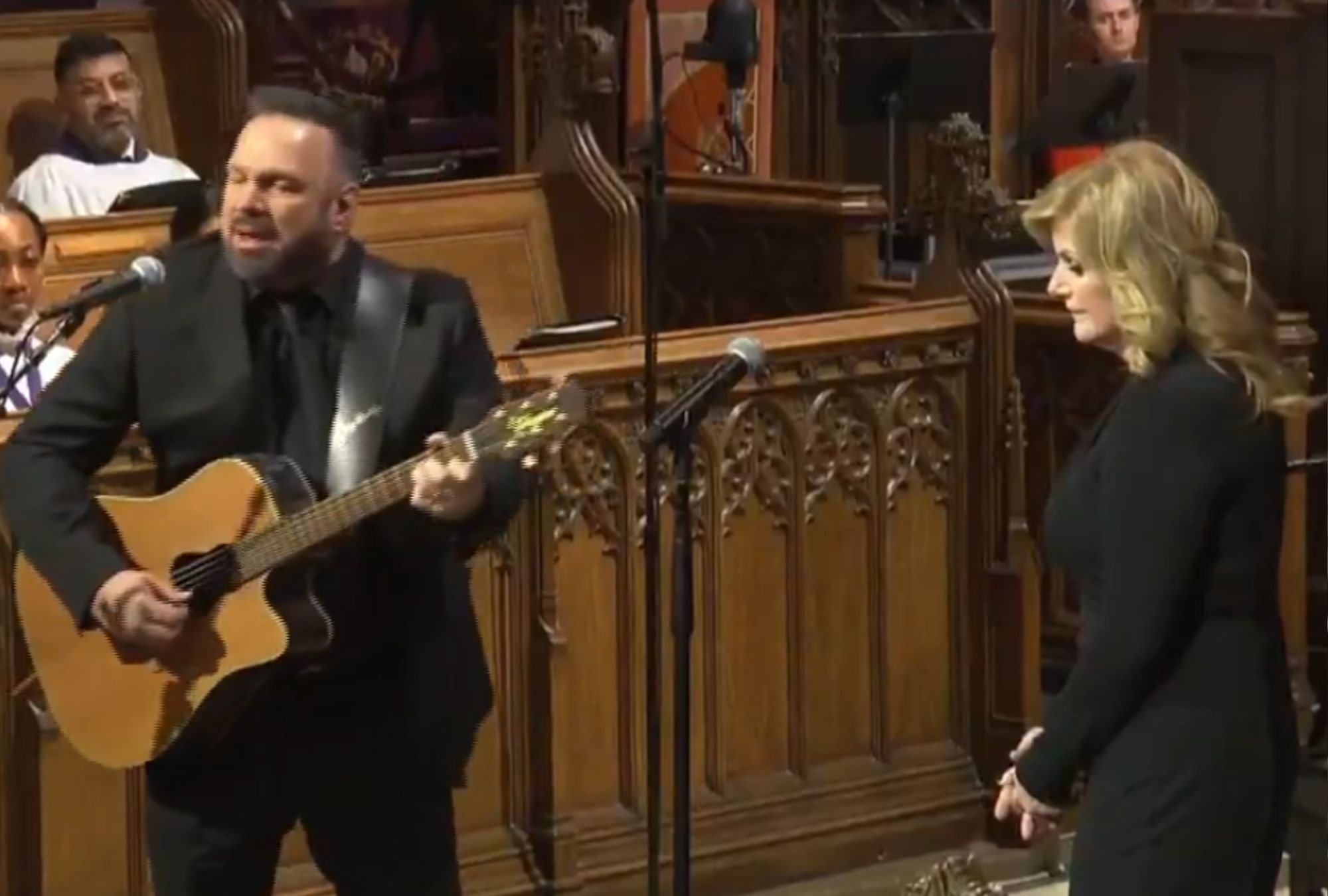Richard N. Winfield, a leading U.S. First Amendment lawyer who represented The Associated Press (AP), died on Tuesday at the age of 91.
Winfield died peacefully in his sleep at Bellevue Hospital in New York following head trauma from a fall, according to his daughter, Nicole Winfield, a Rome-based correspondent for AP.
Known for his legal acumen and unwavering dedication to journalistic freedoms, Winfield spent three decades representing the AP and playing a pivotal role in shaping media law across the globe.
Throughout his career, Winfield worked at the prestigious New York law firm Rogers & Wells, which later merged to become Clifford Chance US LLP. There, he not only served as general counsel for AP but also fought tirelessly for media clients in high-profile press freedom cases.
Louis D. Boccardi, AP's former president, praised Winfield's ability to handle sensitive legal reviews by always starting with admiration for the stories before strategically preparing them for any legal battles ahead.
"When we would ask Dick, as our lawyer, to review a sensitive piece of copy, his first words were often some form of 'What a great story!'" Boccardi said. "And then we would go through the story, not to weaken it but to strengthen it against whatever reaction it might bring. He understood the newsroom and appreciated the dedication and the care that had gone into the work."

Winfield's influence also extended beyond the U.S., as he helped to reform media laws in over 20 countries, mentoring lawyers and judges in post-Soviet states and other nations grappling with press freedom issues. His work as a founding director of the International Senior Lawyers Project (ISLP) further cemented his global legacy, where he continued to defend journalists and champion free speech.
"Dick Winfield was a true pillar of the First Amendment, and the impact of his work protecting journalists has been felt around the world," Karen Kaiser, senior vice president and general counsel at AP, said.
Born in Chicago on January 20, 1933, Winfield's journey from a Navy lieutenant to a legal titan was marked by a commitment to upholding the constitutional rights of free speech and press. He graduated from Georgetown Law in 1961 and quickly rose to prominence, taking on landmark cases that defined modern media law. His application of the principles established in New York Times v. Sullivan became a cornerstone of his defense strategies in defamation cases involving public figures.
Beyond his courtroom victories, Winfield's leadership of the ISLP's media law working group led to successful interventions in high-profile defamation cases in courts as prestigious as the European and Inter-American Courts of Human Rights.
In his later years, Winfield taught media law at Columbia and Fordham law schools, passing on his knowledge to the next generation of legal minds. His dedication was recognized through numerous awards, including the Global Pro Bono Visionary Award in 2015 and the Deadline Club's First Amendment Award in 2002.
Winfield is survived by his wife, Deborah, three children and seven grandchildren. A private funeral service will be held with donations encouraged to the Cranaleith Spiritual Center or the International Senior Lawyers Project, organizations reflective of his life's work and values.
This article includes reporting from The Associated Press.




















 English (US) ·
English (US) ·